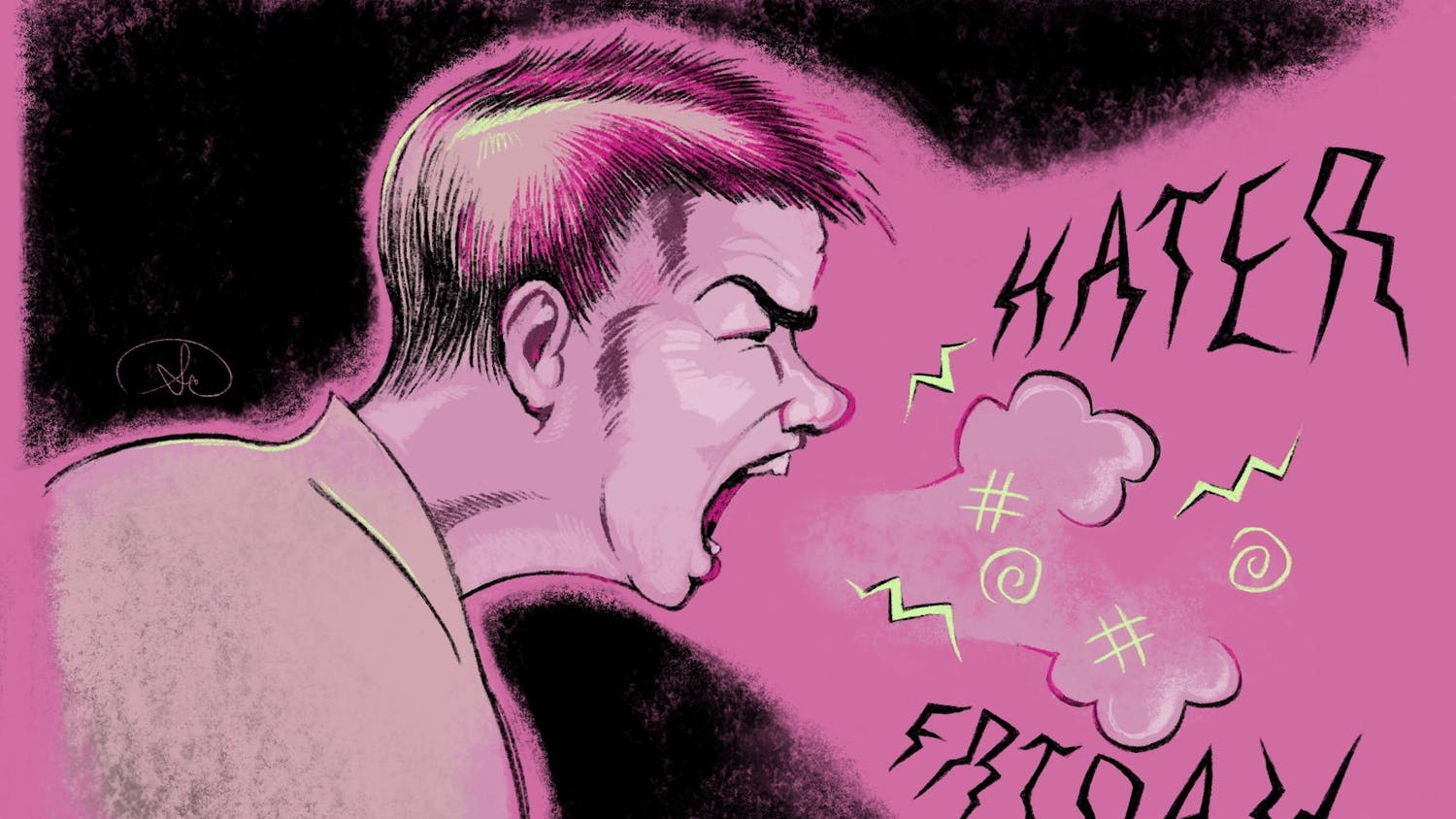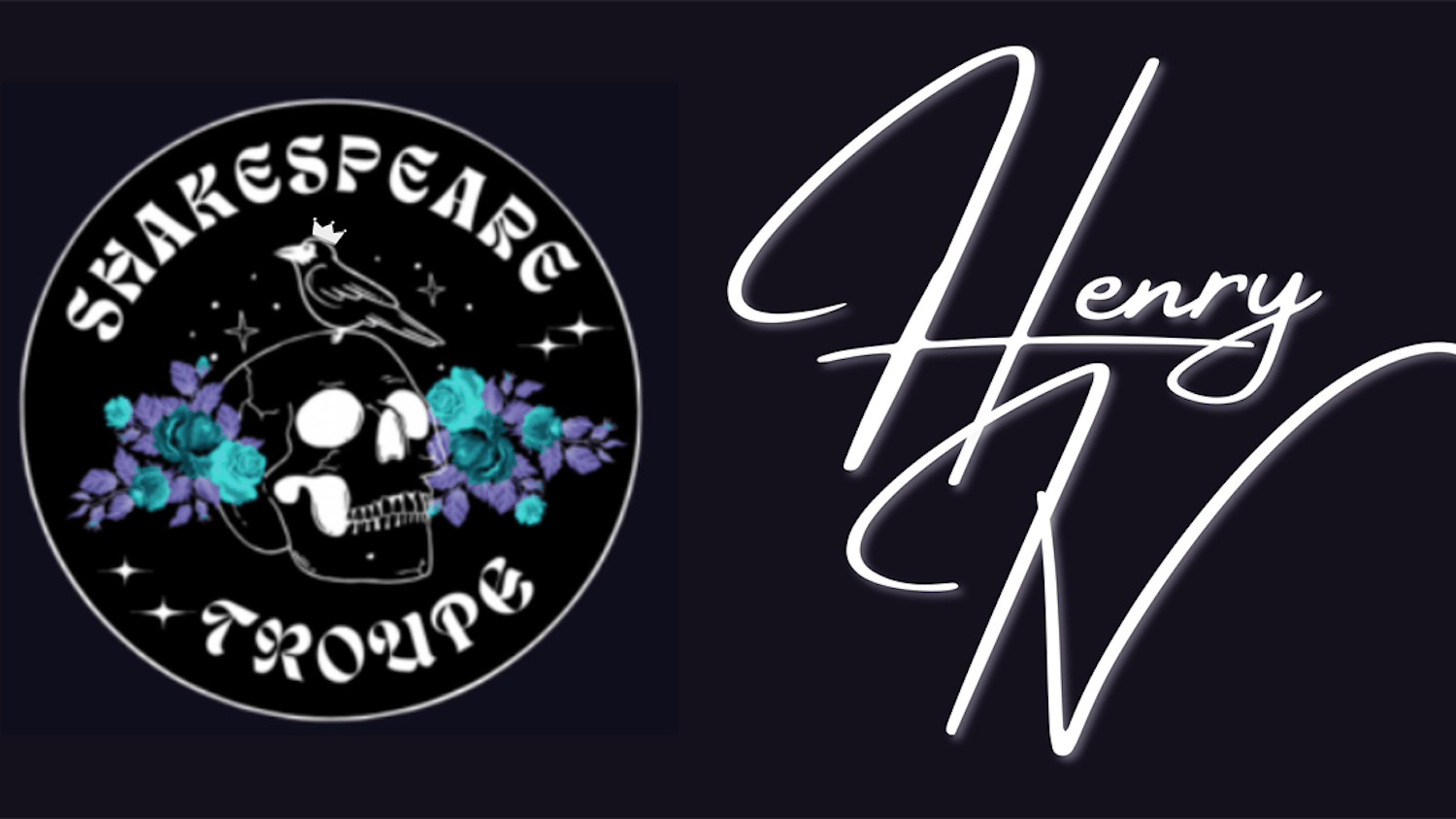For those of you who are unfamiliar with the movie Antz (1998), let me briefly provide the context: Antz was DreamWorks Animation’s first project, and the second feature-length computer animated film produced after Toy Story (1995). The movie features a star studded voice cast: Woody Allen, Sharon Stone, Jennifer Lopez, Christopher Walken, Dan Akroyd, Danny Glover and others.
Whoever wrote this film absolutely read Marx.
The movie opens with Z, whose entire character can be summed up as Woody Allen playing Woody Allen as an ant, discussing his insignificance within the colony. His cynicism is met with enthusiastic approval from his therapist, who happily proclaims “You’ve made a real breakthrough! You are insignificant!” Despite his minute status, Z condemns his fellow ants’ capitulation to an oppressive system. That isn’t my interpretation — he describes his fellow ants as “mindless zombies capitulating to an oppressive system.”
As he drinks away his sorrows at an aphid dive bar, Z is introduced to Bala, the restless princess of ant society. Z is instantly enamored. While Bala moves on, understanding that past their chance encounter they will never meet again, Z is obsessed. To him, Bala represents an escape from his banal existence. His desire runs so deep that the next day (or hour? Ant time is a loosely defined concept) he risks it all, masquerading as a soldier to see her again.
The movie then takes a complete turn — transforming from a hijinks-y Woody Allen rom-com into a full blown epic war film — as millions of ant soldiers march towards their impending doom in a pyrrhic victory against a neighboring termite colony.
The entire war is a scheme by the devious General Mandible, who is aiming to dispose of all “units” loyal to the queen in order to stage a coup d'etat. The scene establishes the queen’s colony as a highly militaristic, authoritarian society — soldiers knowingly march towards their death while singing a deeply disturbing rendition of “When Johnny Comes Marching Home.” Z seems to be the only one actively opposing the battle, trying to convince Barbados, a soldier ant, that they could create change by “influencing the termite’s political processes through campaign contributions.” I’ll take time here to note that they named the one ant voiced by a black actor who speaks in a thick Carribbean accent “Barbados.”
After a horrifying battle, where the ant army is eviscerated by acid-spraying termites, Z emerges as the lone survivor. As Z wades through a field of corpses, he comes across the disembodied head of Barbados, who in his final moments tells Z to “be his own ant.” Z returns to the colony a war hero, much to General Mandible’s horror.
When Z meets Bala again, it becomes clear that she is uninterested in him, and, faced with the reality of his return to being a worker ant, Z kidnaps Bala! They end up falling down a trash chute together. The moment definitely doesn’t age well post Woody Allen and Soon-Yi Previn. Also, some ants get set on fire by a giant magnifying glass.
Following their departure from the colony, Z becomes a mythic figure, an ant who went against the predetermined path. Z’s heroic symbolism becomes even more salient as his worker status becomes emphasized –– he becomes a symbol of the new ant, one that goes beyond the genetically determined distinctions of queens, soldiers and workers.
In a moment of collective awareness, the workers turn against their supervisors, recognizing their collective power, literally chanting “The workers control the means of production!” They go so far as to call their supervisor a “pawn of the oppressor,” rebelling against the system as they institute a general strike, creating protest signs out of leaves.
Unfortunately, this moment of dissidence does not immediately result in a complete overthrow of the classist ant society, as Mandible successfully placates the rioting workers with false promises of days off, lauding the worker’s contributions to the colony.
Meanwhile, after the kidnapping and a run-in Chip and Muffy, two very WASP-y wasps who at one point refer to the ants as “Eurotrash,” Z and Bala arrive at Insectopia, a (utopic?) commune that takes the form of overflowing trash bins filled with stoner insects.
However, their joyous jaunt is cut short when Bala is once again kidnapped, this time by Colonel Cutter on behalf of General Mandible. Mandible’s plan becomes clear — he wants to establish an ethnonationalist, fascist colony of exclusively soldier ants with the help of Bala, his betrothed, using the workers’ labor to create a tunnel to flood the colony. Effectively, he has fooled the workers into digging a tunnel to their own doom.
Whether this is a metaphor for all capitalist enterprise is open to interpretation.
Z returns to the colony in an attempt to save Bala, and as he arrives on the scene, there is a notable shift in Z’s sense of class consciousness. Previously, Z was aware of the colony’s oppressiveness, yet turned towards individualist solutions to his problems instead of recognising their structural basis in the colony’s classist, determinist social organization. Z had no broader conception of worker’s potential power as a collective. Yet, as a flood of biblical proportions ravages the colony, Z experiences a moment of realization: workers united can save themselves. At this point in the movie, the worker ants unite and form a giant ant-ladder towards their salvation, saving themselves without the assistance of Mandible or any of the soldier ants still under his command.
As Z breaks through the surface and extends his hand in a desperate plea for aid, Antz goes from a children’s movie with a tinge of class struggle into something reminiscent of Battleship Potemkin — a famous Soviet propaganda film depicting the 1905 mutiny in the Imperial Russian Navy. Realizing that Mandible’s manufactured social divisions between soldier and worker ants is false, Colonel Cutter lifts Z to the surface, acting in solidarity while condemning Mandible’s genocidal machinations. The other soldier ants follow suit, supporting their fellow ants to escape the flood. When I say that this is reminiscent of Battleship Potemkin, I don’t just mean that there are communist influences. Battleship Potemkin literally ends with a Tsarist squadron refusing to open fire on a mutinous battleship, and showing solidarity as the rebels and Tsarist soldiers pass a red flag between their ships. It’s just like Antz.
In line with most revolutionary cinema, the end of Antz is ambiguous. In the aftermath, while Z provides a vague narration about his relationship with Bala and how the colony’s social structure has changed, there is no clear visual to establishing a structure of governance. For the viewer, Antz raises many more questions. Why does this movie exist? Are all the underlying communist themes a ploy to stand out from A Bug’s Life (1998)?
Maybe we’ll never know why Antz, a horrifically animated movie in which all the ants have hand-feet and human teeth, exists. Maybe we’ll never know whether every Marxist reference is just an attempt at differentiation from A Bug’s Life, or an attempt at awakening the next generation. But what I can definitively say after watching this movie is that it’s a trip.
☭☭☭☭☭/☭☭☭☭☭.
Mira Kudva Driskell is a freshman in the College of Agriculture and Life Sciences. She can be reached at mdk97@cornell.edu

‘Antz’: Marxist Propaganda for Kids
Reading time: about 8 minutes
Read More










